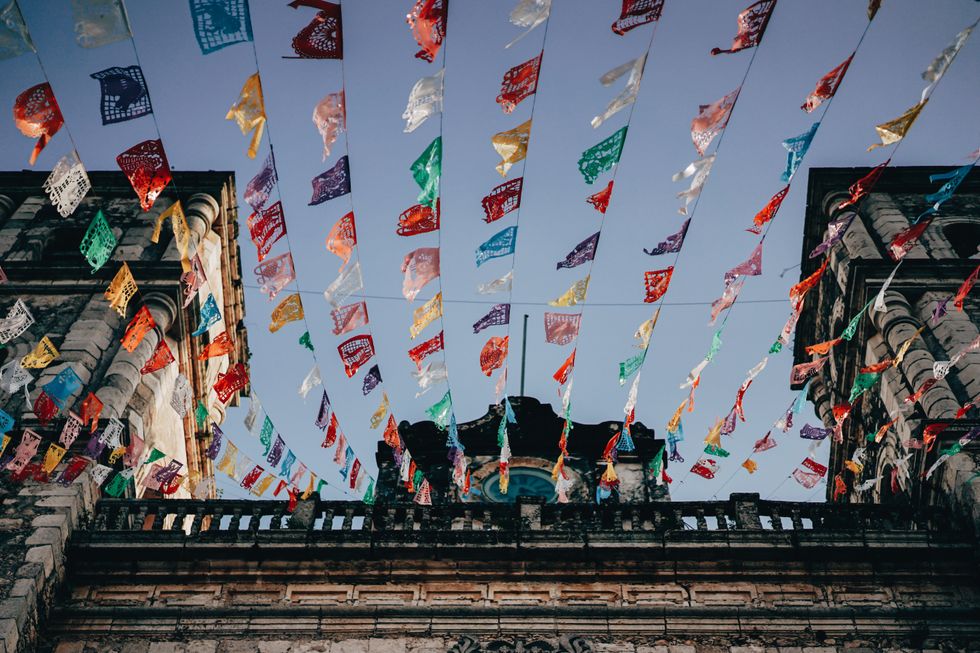I'm German. I'm born in Germany. Here's where I went to school, here's where I studied (except a couple of years abroad), here's where I intend to settle down after marrying the guy I love in two months.
But I'm also Polish. That's where my family is from. That's the first language I learnt. That's the household I live in. That's where I spent most of my vacations visiting my grandparents. That's the language that unifies my fiancé and I.
So, who am I? When people ask that, I never quite knew what to answer. Am I a mixture? Am I 50/50? Or do I have to choose? I'm still working on those answers. In the meantime, here are some pros and cons of having double nationality.
1. You're bilingual

I have to admit that being bilingual is a huge plus. It means that my parents paid attention while I was little to teach me Polish at home while I was learning German in kindergarten. This means I know an additional language fluently for free, which is amazing.
2. You become terrible at mixing languages
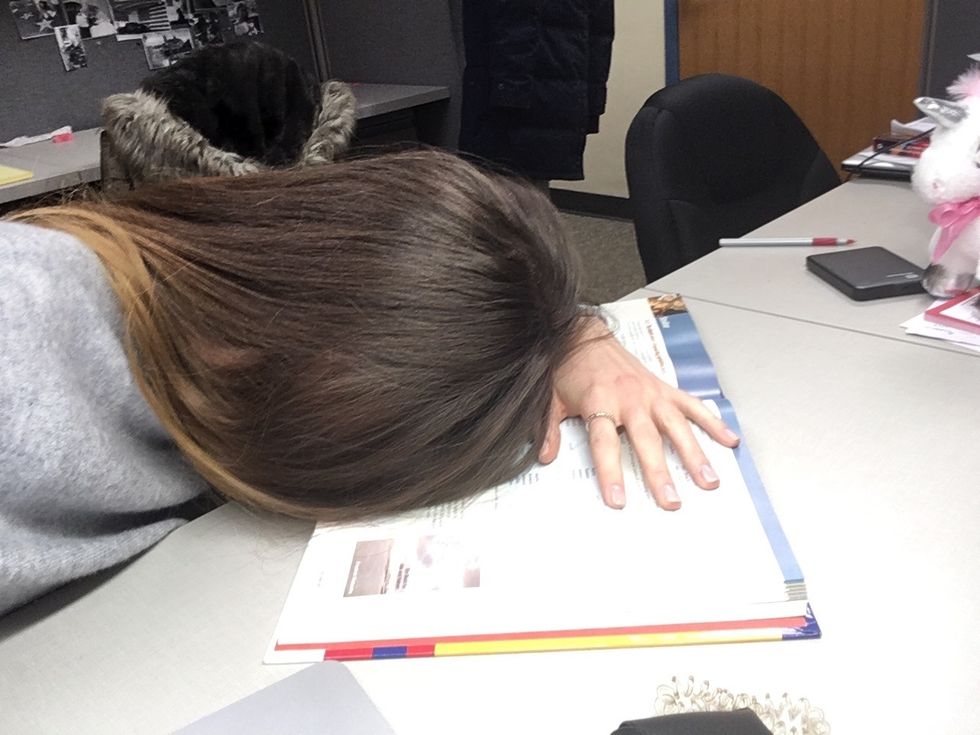
Everyone that is in the same situation like me knows what I'm talking about. As soon as I'm talking to someone that comprehends the same two mother languages as I, there is no option that I keep talking straight in only one of those languages. My brain selects the words I want to say that come the quickest to my mind – no matter which language. And so there can be three language switches in only one sentence. It happened before.
3. You travel more
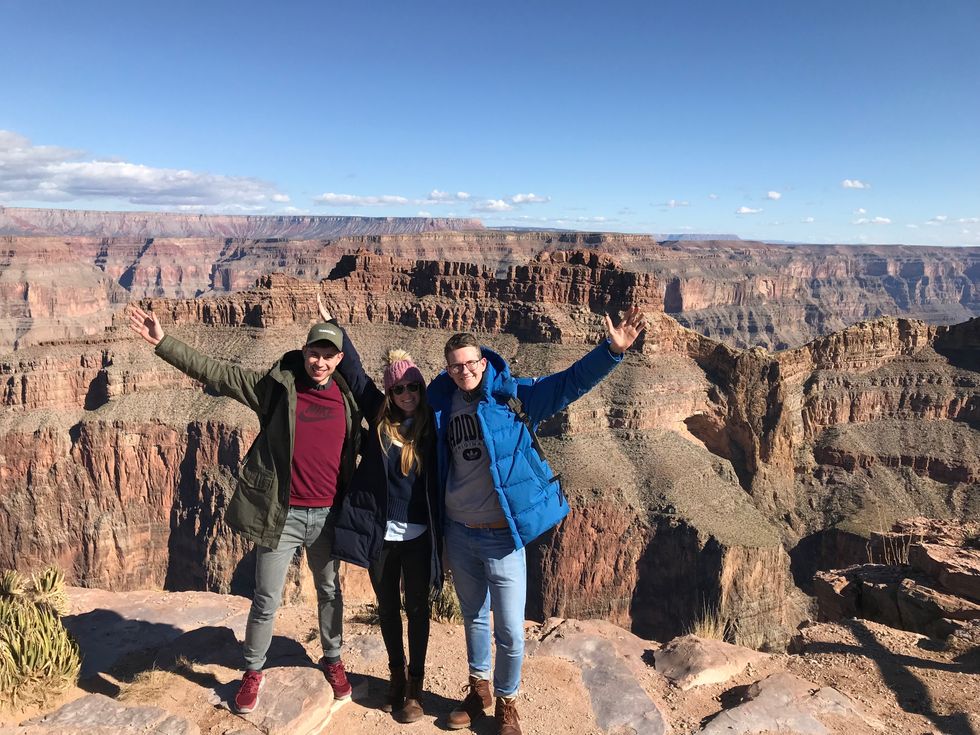
The simple fact that a big part of your family lives in another country is a big motivation to visit that country often on a regular basis.
4. You're often different

Being somehow part of two countries gives you sometimes the feeling to belong to neither of them. When I'm in Germany I feel different because I'm part of a Polish community with their language, culture and values. When I'm in Poland I feel different as I am the one that comes from Germany, that has a slight accent, that has never lived longer in Poland than for two months at a time.
5. It's easier to learn new languages
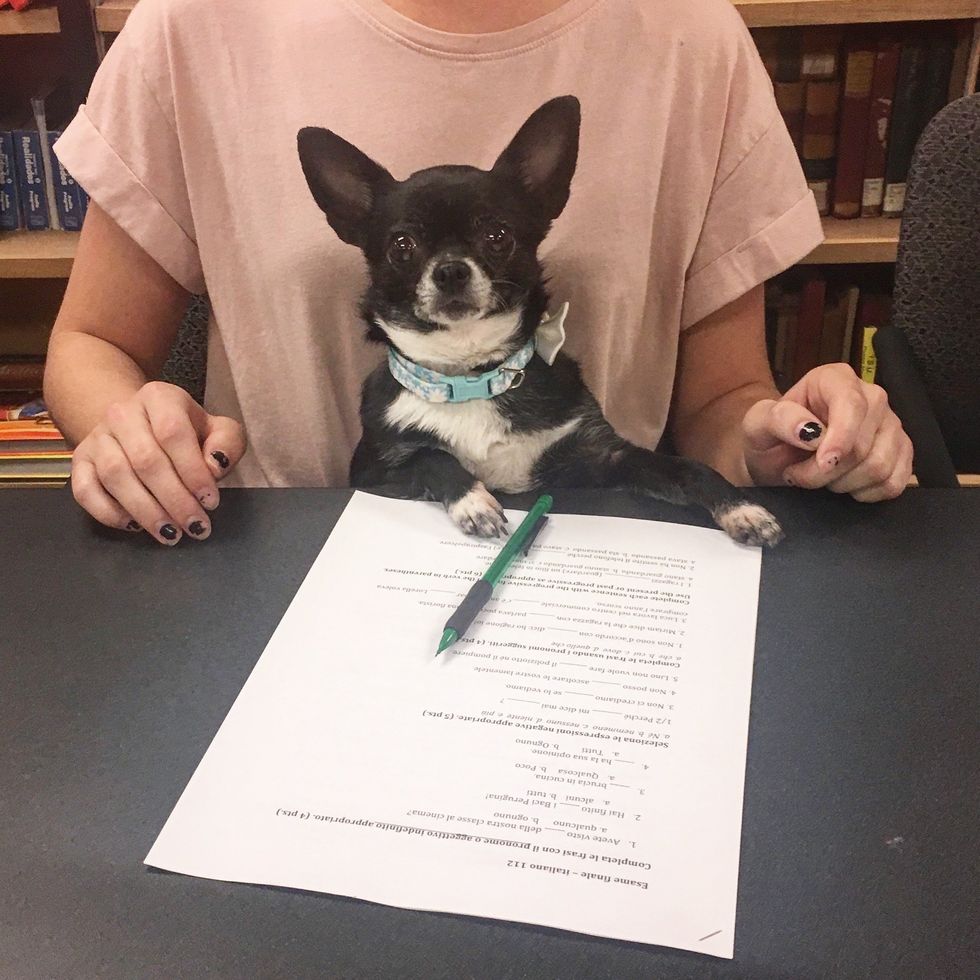
The more languages you know, the easier it is to learn new ones. So the simple fact that my parents talked in Polish to me at home makes it now a lot easier to learn all those other languages I'm interested in.
6. You make linguistic mistakes

As much as being bilingual helps you to acquire more knowledge, it also is a source of linguistic mistakes. Every language system is different, and often cannot be translated one to one. Well, if there are two systems swivelling in your head, it can happen that you say things a little different than others, just because you're mixing up two systems. #weird
7. You can call two countries home

Having two nationalities means you are full citizen of two different countries. In consequence, you are allowed to live, study and work in both countries just like a regular citizen without any restrictions. You have two countries to call home.
8. You're exposed to more cultural varieties

Living up in two different cultures gives you the possibility to get to know more traditions, festivities and expressions of values. Culture becomes an important part of your identity as you understand from early on how it brings people together as a community.
9. You're more open for different cultures
Knowing two cultures so well shows you how important cultural differences are and how much more interesting they make the life on the globe we share with everyone else. The more cultures you get to know, the more you understand your own.
10. You're expected to pick sides
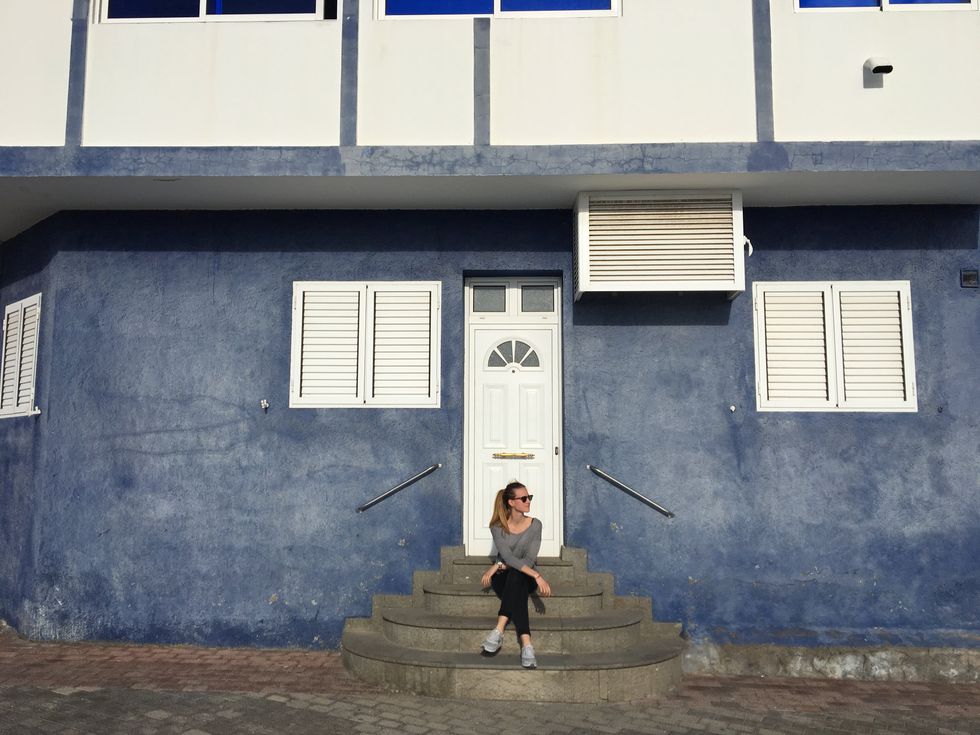
Whether it is the soccer championship, a debate on patriotic feelings or preferences on food and traditions: Somehow you're expected to always pick a side. Sometimes it's easy, but sometimes it's not. And it seems that the people around you do not always understand why.
11. You're grateful
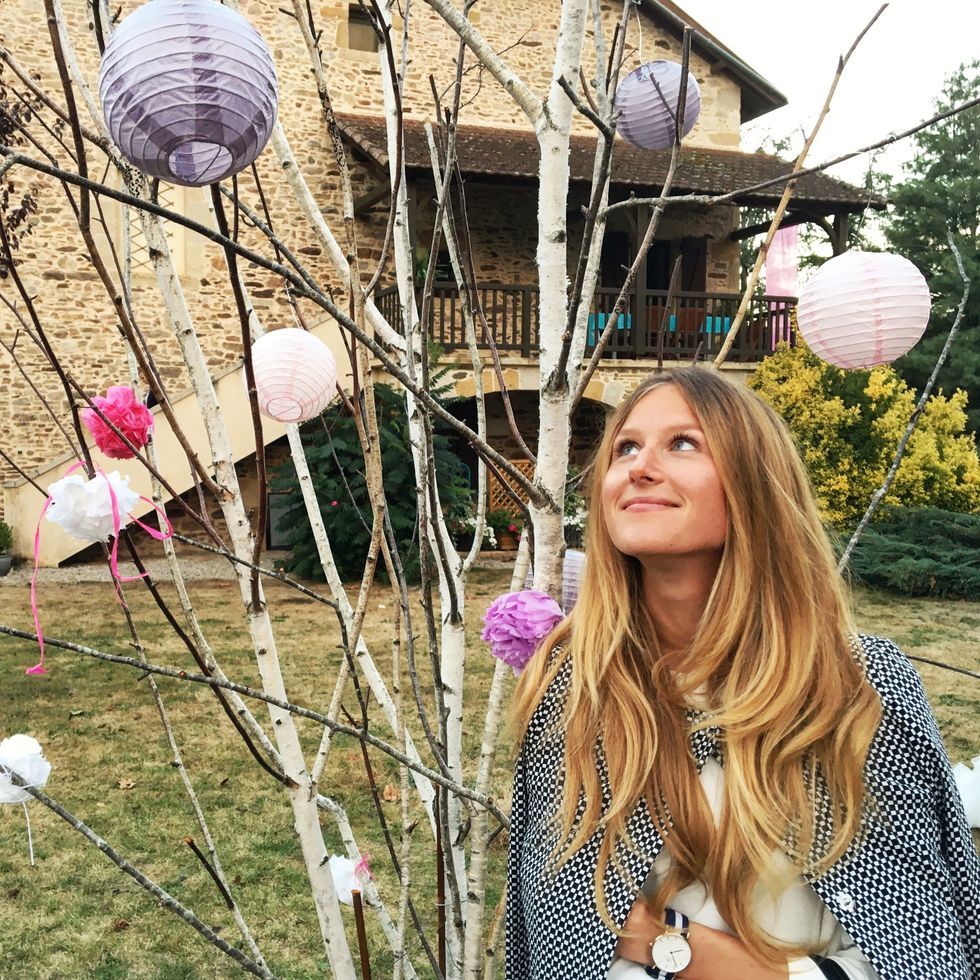
I don't know about any of you guys who are in the same position as I am, but I definitely feel blessed to have this cultural diversity in myself. It's part of who I am and I never wished it gone.


